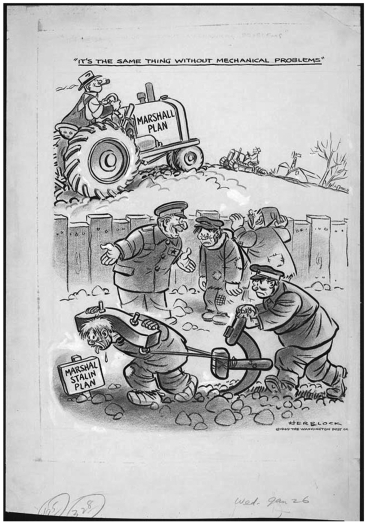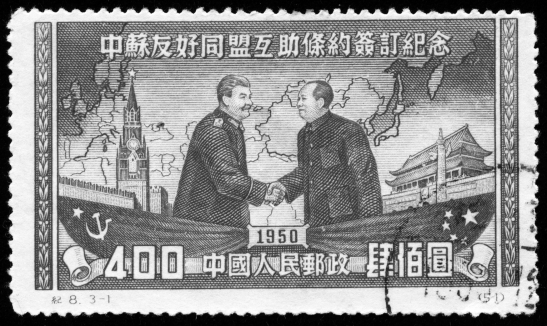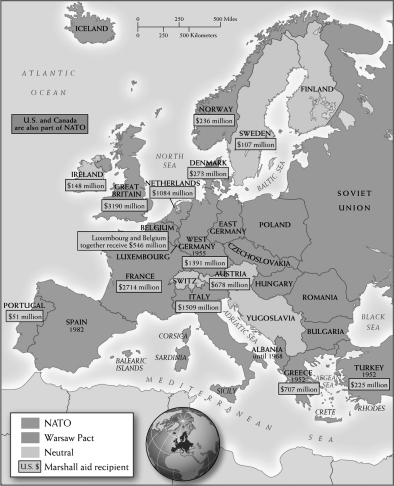Exam 13: The Three-World Order 1940-1975
Exam 1: The Rise of Universalizing Religions 300-600 Ce52 Questions
Exam 2: New Empires and Common Cultures 600-1000 Ce69 Questions
Exam 3: Becoming the World 1000-1300 Ce75 Questions
Exam 4: Crisis and Recovery in Afro-Eurasia 1300-150089 Questions
Exam 5: Contact, Commerce, and Colonization 1450-160074 Questions
Exam 6: Worlds Entangled 1600-175086 Questions
Exam 7: Cultures of Splendor and Power 1500-1780104 Questions
Exam 8: Reordering the World 1750-185080 Questions
Exam 9: Alternative Visions of the Nineteenth Century86 Questions
Exam 10: Nations and Empires 1850-191487 Questions
Exam 11: An Unsettled World 1890-1914108 Questions
Exam 12: Of Masses and Visions of the Modern 1910-193986 Questions
Exam 13: The Three-World Order 1940-197589 Questions
Exam 14: Globalization 1970-200083 Questions
Select questions type
Which of the following led Zionist militants to use force in their attempt to gain statehood?
(Multiple Choice)
4.9/5  (35)
(35)
Which of the following people provided the model for protest that Martin Luther King, Jr. adopted in his pursuit of civil rights?
(Multiple Choice)
4.9/5  (25)
(25)
Which of the following European claims did the systematic implementation of the Nazi genocide challenge?
(Multiple Choice)
4.8/5  (30)
(30)
Questions refer to the image below.
"It's the same thing without mechanical problems" / Herblock  -This cartoon satirizes which of the following?
-This cartoon satirizes which of the following?
(Multiple Choice)
4.9/5  (38)
(38)
How did the Korean War transform Japan's relationship with the winners of World War II?
(Multiple Choice)
4.7/5  (37)
(37)
Questions refer to the passage below.
"Ah, Sisters and Brothers, let this Conference be a great success! In spite of diversity that exists among its participants-let this Conference be a great success!
Yes, there is diversity among us. Who denies it? Small and great nations are represented here, with people professing almost every religion under the sun . . . Almost every political faith we encounter here-Democracy, Monarchism, Theocracy, with innumerable variants. And practically every economic doctrine has its representative in this hall . . . Socialism, Capitalism, Communism, in all their manifold variations and combinations.
But what harm is in diversity, when there is unity in desire? This Conference is not to oppose each other, it is a conference of brotherhood. It is not an Islam Conference, nor a Christian Conference, nor a Buddhist Conference. It is not a meeting of Malayans, nor one of Arabs, nor one of Indo-Aryan stock. It is not an exclusive club either, not a bloc which seeks to oppose any other bloc. Rather it is a body of enlightened, tolerant opinion which seeks to impress on the world that all men and all countries have their place under the sun-to impress on the world that it is possible to live together, meet together, speak to each other, without losing one's individual identity; and yet to contribute to the general understanding of matters of common concern, and to develop a true consciousness of the interdependence of men and nations for their well-being and survival on earth.
I know that in Asia and Africa there is greater diversity of religions, faiths, and beliefs, than in the other continents of the world. But that is only natural! Asia and Africa are the classic birthplaces of faiths and ideas, which have spread all over the world. Therefore, it behooves us to take particular care to ensure that the principle which is usually called the "Live and let live" principle-mark, I do not say the principle of "Laissez faire, laissez passer"* of Liberalism which is obsolete-is first of all applied by us most completely within our own Asian and African frontiers. Then only can it be fully extended to our relations with our neighbouring countries, and to others more distant."
(*Let go and let pass)
Bandung Conference, Opening Speech Indonesian President Sukarno, April 18, 1955
-The United States and the Soviet Union:
(Multiple Choice)
5.0/5  (38)
(38)
How did the Arab-Israeli War of 1947-1948 help shatter the legitimacy of Arab ruling elites?
(Multiple Choice)
4.9/5  (31)
(31)
What motivated the United States and the Soviet Union during the Cold War? Analyze the political, social, and economic impacts the Cold War had on the populations of the First and Second Worlds.
(Essay)
4.7/5  (39)
(39)
How did Pacific Rim nations such as South Korea and Taiwan escape the typical Third World cycle of poverty and dependence?
(Multiple Choice)
4.9/5  (27)
(27)
Questions refer to the image below.
Chinese Stamp, "Treaty of Friendship, Alliance and Mutual Assistance," showing Joseph
Stalin and Mao Zedong Shaking Hands (1950)  -Which of the following would MOST likely contradict the message being shown in the image above?
-Which of the following would MOST likely contradict the message being shown in the image above?
(Multiple Choice)
4.9/5  (42)
(42)
Use the map below to answer all parts of the questions that follow.
Map of NATO-Warsaw Pact  (A) Identify and explain ONE significant similarity between the alliances depicted on the map.
(B) Identify and explain ONE significant difference between the alliances depicted on the map.
(C) Explain ONE limitation of using the maps to measure the relative strength of the two alliances.
(A) Identify and explain ONE significant similarity between the alliances depicted on the map.
(B) Identify and explain ONE significant difference between the alliances depicted on the map.
(C) Explain ONE limitation of using the maps to measure the relative strength of the two alliances.
(Essay)
4.8/5  (42)
(42)
Which of the following was a response to Nikita Khrushchev's speech in 1956 attempting to separate Stalinism from true communism?
(Multiple Choice)
4.8/5  (42)
(42)
NATO and the Warsaw Pact were both designed to help contain the spread of communism.
(True/False)
4.9/5  (38)
(38)
Which of the following is a similarity between the decolonization experiences of Algeria and South Africa?
(Multiple Choice)
4.7/5  (33)
(33)
The United States opposed decolonization because it hoped to keep colonial peoples within Western Europeans' sphere of influence.
(True/False)
4.8/5  (31)
(31)
Which Cold War event brought the world closest to nuclear war?
(Multiple Choice)
4.8/5  (47)
(47)
Questions refer to the passage below.
"Ah, Sisters and Brothers, let this Conference be a great success! In spite of diversity that exists among its participants-let this Conference be a great success!
Yes, there is diversity among us. Who denies it? Small and great nations are represented here, with people professing almost every religion under the sun . . . Almost every political faith we encounter here-Democracy, Monarchism, Theocracy, with innumerable variants. And practically every economic doctrine has its representative in this hall . . . Socialism, Capitalism, Communism, in all their manifold variations and combinations.
But what harm is in diversity, when there is unity in desire? This Conference is not to oppose each other, it is a conference of brotherhood. It is not an Islam Conference, nor a Christian Conference, nor a Buddhist Conference. It is not a meeting of Malayans, nor one of Arabs, nor one of Indo-Aryan stock. It is not an exclusive club either, not a bloc which seeks to oppose any other bloc. Rather it is a body of enlightened, tolerant opinion which seeks to impress on the world that all men and all countries have their place under the sun-to impress on the world that it is possible to live together, meet together, speak to each other, without losing one's individual identity; and yet to contribute to the general understanding of matters of common concern, and to develop a true consciousness of the interdependence of men and nations for their well-being and survival on earth.
I know that in Asia and Africa there is greater diversity of religions, faiths, and beliefs, than in the other continents of the world. But that is only natural! Asia and Africa are the classic birthplaces of faiths and ideas, which have spread all over the world. Therefore, it behooves us to take particular care to ensure that the principle which is usually called the "Live and let live" principle-mark, I do not say the principle of "Laissez faire, laissez passer"* of Liberalism which is obsolete-is first of all applied by us most completely within our own Asian and African frontiers. Then only can it be fully extended to our relations with our neighbouring countries, and to others more distant."
(*Let go and let pass)
Bandung Conference, Opening Speech Indonesian President Sukarno, April 18, 1955
-Which of the following best characterizes the countries that attended the Bandung Conference?
(Multiple Choice)
5.0/5  (44)
(44)
Showing 21 - 40 of 89
Filters
- Essay(0)
- Multiple Choice(0)
- Short Answer(0)
- True False(0)
- Matching(0)